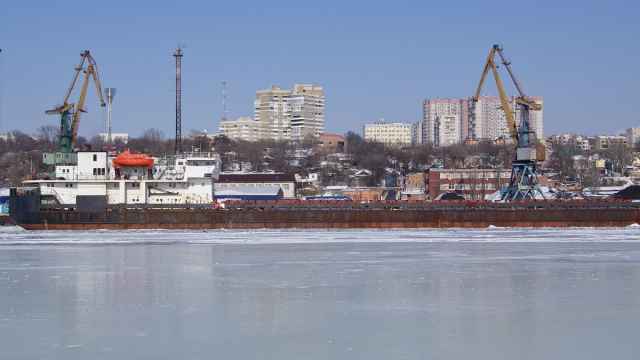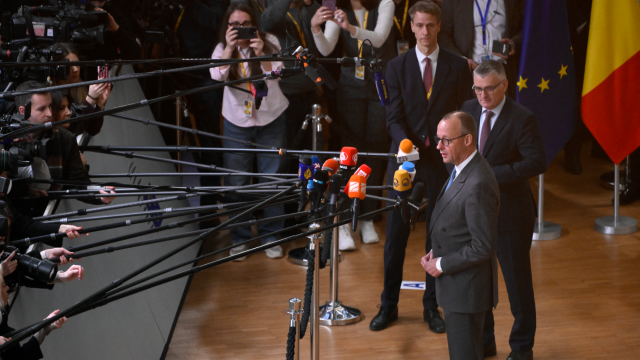Russia was ranked thirteenth out of 30 developed and developing countries for its E-commerce market, but will have to resolve basic infrastructure issues to maximize its potential, according to a study released Tuesday.
The Global Retail E-Commerce Index by management consulting firm A.T. Kearney ranked the countries in terms of the level of short term investment returns that companies can expect.
Russia's advantages include the largest population of Internet users in Europe — 70 million users, 33 million of whom already purchase goods online — and an open market in which no single player holds a share higher than 4 percent, which spurs both multichannel and online retailers to focus on Internet sales.
The market has already reached $10 billion in yearly sales with a projected yearly growth of 18 percent up to 2018.
Seventy-five percent of online transactions occur in Moscow and St. Petersburg, but sales volumes in other regions are expected to grow as Internet access, which has reached about half the population, continues to spread.
To fully realize its potential, Russia will have to improve its logistical and financial infrastructure, the study said. Some companies are already finding creative solutions to these issues, such as payments via QIWI terminals as a replacement for relatively scarce credit cards.
China topped the rankings, with the most vigorous regional market growth noted in Latin America and the Pacific Rim — 27 percent and 25 percent, respectively. Yearly growth worldwide in the past five years was about 17 percent.
The single most important factor supporting growth in E-commerce is mobile communications, the study found. Social networks and user review systems are also becoming powerful tools for online retailers.
Contact the author at [email protected]
A Message from The Moscow Times:
Dear readers,
We are facing unprecedented challenges. Russia's Prosecutor General's Office has designated The Moscow Times as an "undesirable" organization, criminalizing our work and putting our staff at risk of prosecution. This follows our earlier unjust labeling as a "foreign agent."
These actions are direct attempts to silence independent journalism in Russia. The authorities claim our work "discredits the decisions of the Russian leadership." We see things differently: we strive to provide accurate, unbiased reporting on Russia.
We, the journalists of The Moscow Times, refuse to be silenced. But to continue our work, we need your help.
Your support, no matter how small, makes a world of difference. If you can, please support us monthly starting from just $2. It's quick to set up, and every contribution makes a significant impact.
By supporting The Moscow Times, you're defending open, independent journalism in the face of repression. Thank you for standing with us.
Remind me later.





